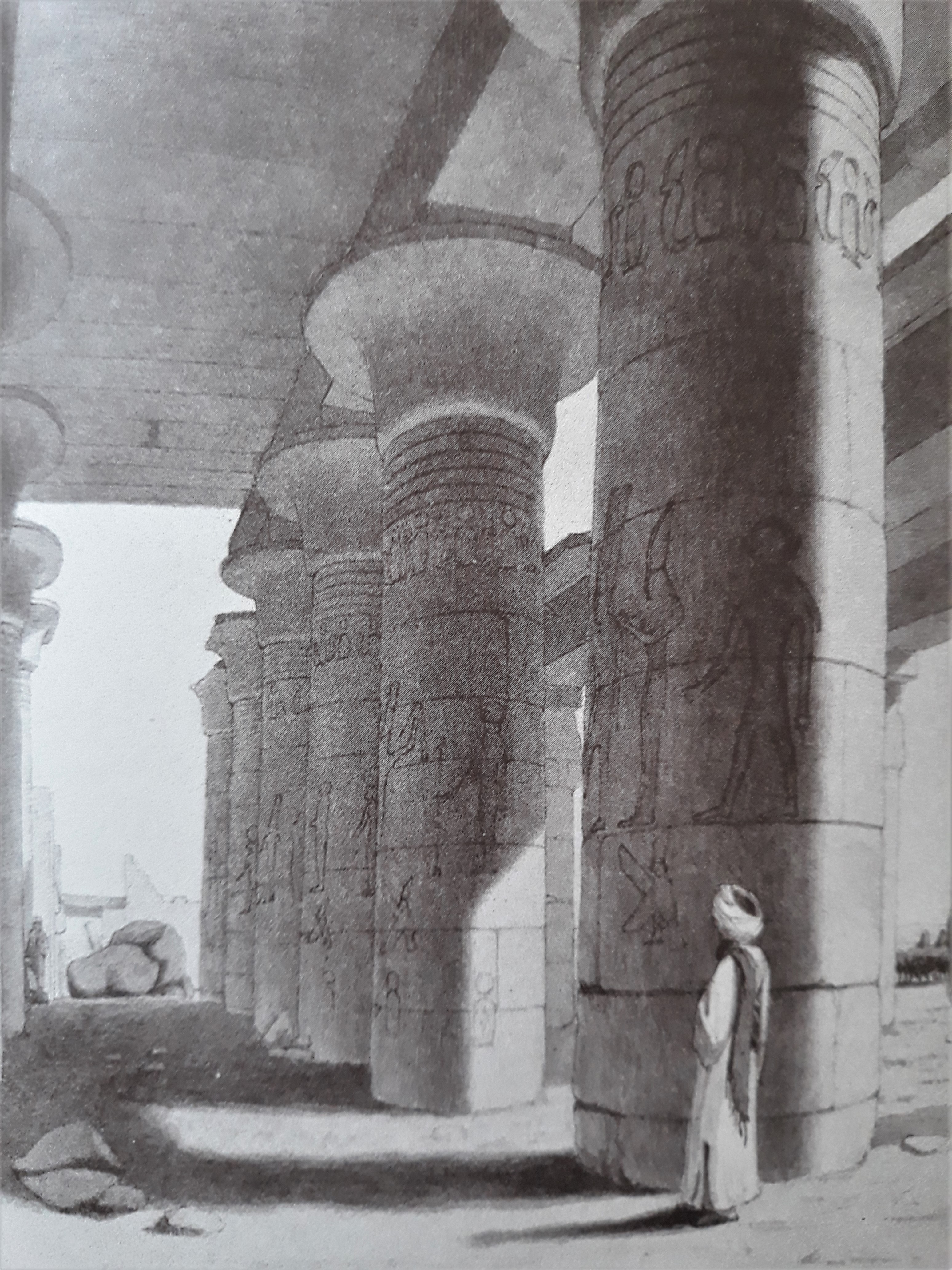|
Islam And Cats
The domestic cat is a revered animal in Islam. Admired for their cleanliness, cats are considered "the quintessential pet" by Muslims. Origins of reverence Cats have been venerated in the Near East since antiquity. Islam also has that tradition, albeit in a much modified form. According to many hadith, the Islamic prophet Muhammad prohibited the persecution and killing of cats. One of Muhammad's companions was known as Abu Hurairah (literally: "Father of the Kitten") for his attachment to cats. Abu Hurairah reported that he had heard Muhammad declare that a pious woman went to Hell for after she had been annoyed by a female cat, tied her with a rope and neglected to provide her with food and water until she died. According to legend, Abu Saeed's cat saved Muhammad from a snake. History The American poet and travel author Bayard Taylor (1825–1878) was astonished when he discovered a Syrian hospital where cats roamed freely. The institution, in which domestic felines wer ... [...More Info...] [...Related Items...] OR: [Wikipedia] [Google] [Baidu] |
Cat Outside Gazi Husrev-Bey Mosque (6086909198)
The cat (''Felis catus'') is a domestic species of small carnivorous mammal. It is the only domesticated species in the family Felidae and is commonly referred to as the domestic cat or house cat to distinguish it from the wild members of the family. Cats are commonly kept as house pets but can also be farm cats or feral cats; the feral cat ranges freely and avoids human contact. Domestic cats are valued by humans for companionship and their ability to kill rodents. About 60 cat breeds are recognized by various cat registries. The cat is similar in anatomy to the other felid species: they have a strong flexible body, quick reflexes, sharp teeth, and retractable claws adapted to killing small prey. Their night vision and sense of smell are well developed. Cat communication includes vocalizations like meowing, purring, trilling, hissing, growling, and grunting as well as cat-specific body language. Although the cat is a social species, they are a solitary hunter. As a pr ... [...More Info...] [...Related Items...] OR: [Wikipedia] [Google] [Baidu] |
Edward William Lane
Edward William Lane (17 September 1801 – 10 August 1876) was a British orientalist, translator and lexicographer. He is known for his ''Manners and Customs of the Modern Egyptians'' and the '' Arabic-English Lexicon,'' as well as his translations of ''One Thousand and One Nights'' and ''Selections from the Kur-án''. During his lifetime, Lane also wrote a detailed account of Egypt and the country's ancient sites, but the book, titled ''Description of Egypt,'' was published posthumously. It was first published by the American University in Cairo Press in 2000 and has been republished several times since then. Early years Lane was born at Hereford, England, the third son of the Rev. Dr Theopilus Lane, and grand-nephew of Thomas Gainsborough on his mother's side. After his father's death in 1814, Lane was sent to grammar school at Bath and then Hereford, where he showed a talent for mathematics. He visited Cambridge, but did not enrol in any of its colleges. Instead, Lan ... [...More Info...] [...Related Items...] OR: [Wikipedia] [Google] [Baidu] |
Halal
''Halal'' (; ar, حلال, ) is an Arabic word that translates to "permissible" in English. In the Quran, the word ''halal'' is contrasted with '' haram'' (forbidden). This binary opposition was elaborated into a more complex classification known as " the five decisions": mandatory, recommended, neutral, reprehensible and forbidden. Islamic jurists disagree on whether the term ''halal'' covers the first two or the first four of these categories. In recent times, Islamic movements seeking to mobilize the masses and authors writing for a popular audience have emphasized the simpler distinction of ''halal'' and ''haram''. The term ''halal'' is particularly associated with Islamic dietary laws and especially meat processed and prepared in accordance with those requirements. In the Quran The words ''halal'' and ''haram'' are the usual terms used in the Quran to designate the categories of lawful or allowed and unlawful or forbidden. In the Quran, the root h-l-l denotes lawfu ... [...More Info...] [...Related Items...] OR: [Wikipedia] [Google] [Baidu] |
Masjid Al-Haram
, native_name_lang = ar , religious_affiliation = Islam , image = Al-Haram mosque - Flickr - Al Jazeera English.jpg , image_upright = 1.25 , caption = Aerial view of the Great Mosque of Mecca , map_type = Saudi Arabia#Asia#Earth , coordinates = , map_size = 250 , map_caption = Location in Saudi Arabia , location = Mecca, Hejaz (present-day Saudi Arabia) , tradition = Muslims , administration = Saudi Arabian government , leadership = Yasser Al-Dosari (Imam)Abdur Rahman As-Sudais (Imam)Saud Al-Shuraim (Imam)Abdullah Awad Al Juhany (Imam)Maher Al Mueaqly (Imam)Salih bin Abdullah al Humaid (Imam)Faisal Ghazawi (Imam)Bandar Baleela (Imam)Ali Ahmed Mullah (Chief Mu'azzin) , architecture_type = mosque , capacity = 2.5 million , site_area = 356,000 square metres (88 acres) , minaret_quantity = 9 , minaret ... [...More Info...] [...Related Items...] OR: [Wikipedia] [Google] [Baidu] |
Mosque
A mosque (; from ar, مَسْجِد, masjid, ; literally "place of ritual prostration"), also called masjid, is a place of prayer for Muslims. Mosques are usually covered buildings, but can be any place where prayers ( sujud) are performed, including outdoor courtyards. The first mosques were simple places of prayer for Muslims, and may have been open spaces rather than buildings. In the first stage of Islamic architecture, 650-750 CE, early mosques comprised open and closed covered spaces enclosed by walls, often with minarets from which calls to prayer were issued. Mosque buildings typically contain an ornamental niche ('' mihrab'') set into the wall that indicates the direction of Mecca (''qiblah''), Wudu, ablution facilities. The pulpit (''minbar''), from which the Friday (jumu'ah) sermon (''khutba'') is delivered, was in earlier times characteristic of the central city mosque, but has since become common in smaller mosques. Mosques typically have Islam and gender se ... [...More Info...] [...Related Items...] OR: [Wikipedia] [Google] [Baidu] |
.jpg)




